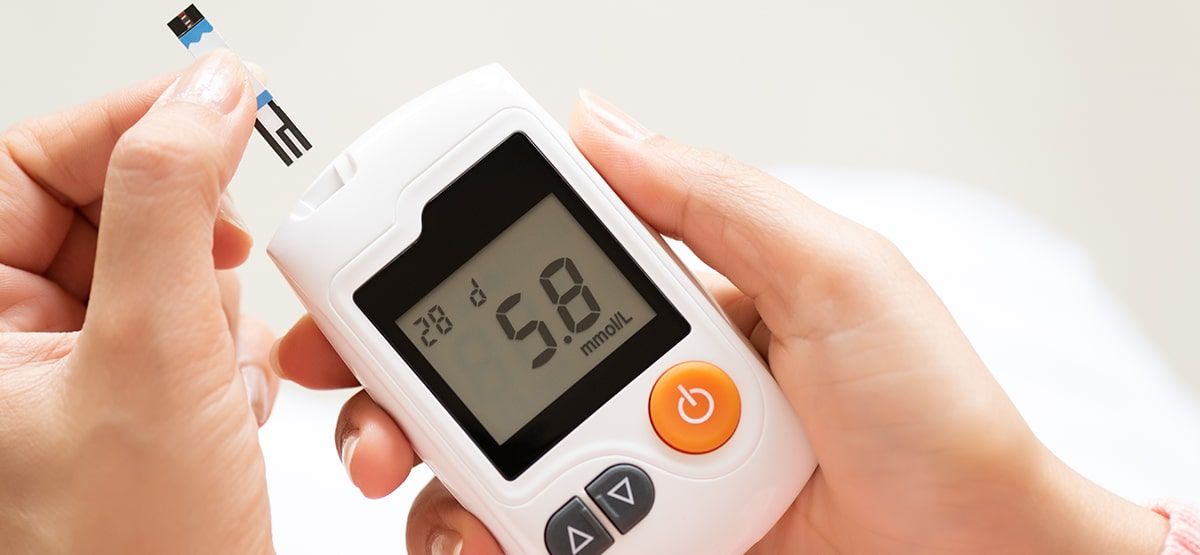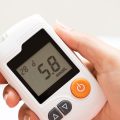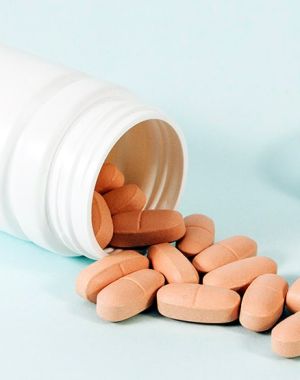

Medical Devices – Europe, Asia and ROW Regulatory News – Aug 2025
AUSTRALIA
TGA focuses on the compliance of AI and software-based medical devices
The Therapeutic Goods Administration (TGA) is increasing its regulatory focus on software-based medical devices in Australia, particularly AI digital scribes that offer diagnostic or treatment suggestions. While simple transcription tools are not regulated, those with advanced therapeutic functions are considered medical devices under the Therapeutic Goods Act 1989 and must be included in the Australian Register of Therapeutic Goods (ARTG). This regulatory effort, which involves collaborating with the industry to promote compliance and address unlawful advertising, aims to ensure patient safety as AI technologies become more advanced and integrated into healthcare.
CANADA
Guidance on: Determining medical device application type
Health Canada’s guidance for determining medical device application type outlines the criteria manufacturers must use when submitting for a license or authorization in Canada, covering single devices, families, groups, group families, systems, and test kits. This document helps manufacturers determine if a single submission can cover multiple items that share common features, such as belonging to the same family based on design, materials, and intended use, or a group based on being sold together in a single kit. The guidance defines these key terms and their specific criteria to ensure manufacturers select the correct application type, allowing Health Canada to effectively assess a device’s safety, quality, and effectiveness. By providing this clarity, the guidance helps manufacturers avoid common submission errors, though Health Canada ultimately makes the final determination on a device’s classification
CHILE
Guidance on: Good Manufacturing Practices for Medical Devices
International Society for Pharmaceutical Engineering (ISPE) publishes a recommended guide to Good Manufacturing Practices (GMP) for Medical Devices. This guide outlines a set of principles and standards that aim to ensure medical devices are consistently manufactured to high-quality standards, meeting regulatory requirements and safeguarding patient safety. Adherence to GMP is not just a regulatory requirement but also a commitment to quality and patient well-being, enhancing patient safety, improving product quality, fostering regulatory compliance, and increasing operational efficiency by minimizing risks such as contamination, defects, and errors during the production process.
FINLAND
AI expertise in the supervision of medical devices
Fimea’s AI supervision is that key provisions of the EU AI Act went into effect on August 2nd, with direct implications for general-purpose AI (GPAI) models. While the stricter requirements for high-risk AI medical devices, which Fimea supervises, have a later enforcement date of August 2027, the new GPAI rules create immediate transparency and documentation obligations for providers. This means Fimea’s preparation for AI oversight is now framed by operational EU regulations, including official guidelines and codes of practice released in July to support compliance with the new GPAI obligations.
LATVIA
Electronic Instructions for Use of medical devices used as professional purposes
An amendment to EU Regulation 2021/2226, effective July 16, 2025, now permits all medical device instructions for professional users to be provided electronically, expanding upon previous, more restrictive rules. This change, part of a broader European Commission initiative to modernize healthcare and reduce environmental impact, still allows professional users to request a free paper copy, which must be provided within seven calendar days. For devices foreseeably used by non-professionals, paper instructions remain mandatory. Manufacturers must conduct a risk assessment for electronic instructions, ensure they are available in the relevant official EU language, guarantee stable and secure online access for at least 10–15 years, and provide paper copies upon request within seven days.
SAUDI ARABIA
SFDA Signs a MoU with AAMI: Partnering to Advance Medical Device Standards
The SFDA (Saudi Food and Drug Authority) has signed a Memorandum of Understanding (MoU) with the AAMI (Association for the Advancement of Medical Instrumentation) to collaborate on advancing medical device standards. This partnership aims to enhance the safety, quality, and effectiveness of medical devices by sharing expertise, harmonizing standards, and promoting innovation. Through this collaboration, both organizations seek to align Saudi Arabia’s regulatory framework with international best practices, ultimately improving the regulation and oversight of medical devices within the region.
SINGAPORE
Malaysia and Singapore Sign Memorandum of Understanding and Launch Medical Device Regulatory Reliance Pilot to Fast Track Medical Device Market Access
Malaysia and Singapore have signed a Memorandum of Understanding (MoU) and launched a six-month Medical Device Regulatory Reliance Pilot starting from September 1, 2025, to February 28, 2026. This initiative is a collaborative effort between Malaysia’s Medical Device Authority (MDA) and Singapore’s Health Sciences Authority (HSA) to fast-track market access for Class B, C, and D medical devices. Under this pilot, both countries will rely on each other’s regulatory assessments to streamline approval processes, reduce duplication, and accelerate time-to-market for medical devices. The goal is to improve efficiency, reduce costs for manufacturers, and enable patients to access safe and high-quality medical technologies more quickly. This pilot also serves as a foundational step toward establishing a scalable and permanent regulatory reliance framework, potentially setting a model for broader regional harmonization across ASEAN, the Association of Southeast Asian Nations.
SOUTH KOREA
Announcement of Designation of Innovative Medical Devices
The updated list of biological products includes newly approved therapies, vaccines, blood components, and other biologically derived treatments that are used for the prevention, diagnosis, and management of various diseases. Biological products are typically derived from living organisms and include categories such as monoclonal antibodies, recombinant proteins, cell and gene therapies, and biosimilar. The update reflects advancements in biotechnology and regulatory approvals, ensuring that patients have access to the latest safe and effective biologic options. This revised list also helps healthcare providers stay informed about available biologics for evidence-based treatment decisions.
TAIWAN
Guidelines for Inspection and Registration of Computer-Assisted Detection (CADe) and Computer-Assisted Diagnosis (CADx) Medical Devices Using AI/ML technologies.
The amendment of the Technical Guidelines for Inspection and Registration of Computer-Assisted Detection (CADe) and Computer-Assisted Diagnosis (CADx) Medical Devices Using Artificial Intelligence/Machine Learning Technologies reflects a regulatory update aimed at strengthening the oversight of AI/ML-based medical devices. The amendments provide clearer requirements for safety, performance evaluation, clinical validation, and risk management to ensure the reliability and transparency of these technologies. By updating the guidelines, regulators aim to keep pace with rapid advancements in AI/ML, promote standardized evaluation methods, and support the safe and effective integration of intelligent medical devices into clinical practice.
Don’t miss out! Click here to stay in touch.
Categories
- Biopharma (54)
- Consumer Health (21)
- Cosmetics (11)
- Diagnostics (8)
- Digital Health (6)
- Food (1)
- Medical Device (109)
- OTC (5)
- Regulatory Intelligence (16)
- Standards (37)
Recent Blogs
Get the latest updates from Vistaar

Related Posts



CONNECT WITH US

Let's talk about how Vistaar can help you


